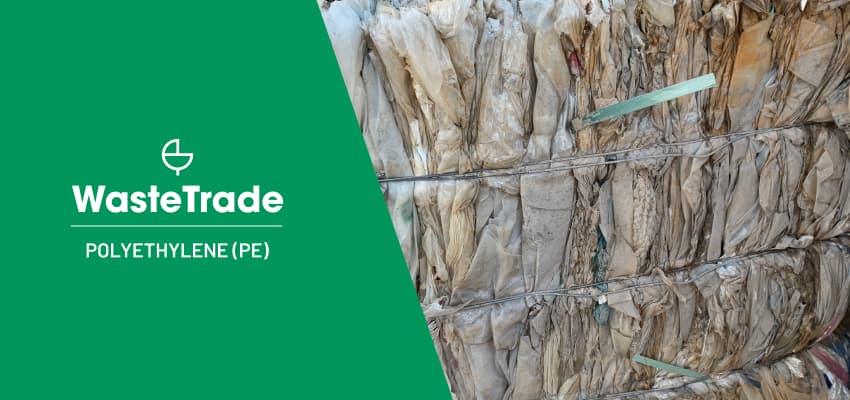How WasteTrade Facilitates Global PET Recycling Efforts for a Cleaner Planet
How WasteTrade Facilitates Global PET Recycling Efforts for a Cleaner Planet
Blog Article
The world is facing a plastic waste crisis and thousands of tonnes of waste end up in the oceans and in landfills every year. A major and commonly utilized types of plastic are PET (polyethylene terephthalate), which is used to make plastic bottles for water, food packaging and many other items we use daily. However, WasteTrade has recognized the necessity recycle PET and is taking the necessary steps to make it an essential component in their recycling process. In this blog we will explore the reasons why recycle PET at WasteTrade is crucial for combating the plastic waste crisis.

The consumption and production of single-use plastics are increasing in recent years, leading to a significant rise in the amount of plastic pollution. According to a study by National Geographic, only 9 percent of all plastic made has been recycled. This alarming figure highlights the urgent need for effective recycling methods for different types of plastics. This includes PET.
PET is a type of plastic that is easily reused into new products without compromising its quality or characteristics. WasteTrade recognizes this potential and has developed a comprehensive PET recycling program as part of their waste management services. By collecting and processing used PET products by utilizing various methods of sorting, such as shredding and washing, WasteTrade ensures that these products are not disposed of in the oceans and landfills.
But why is this important? In the first place, by diverting these substances from landfills or oceans using proper recycling techniques like those offered by WasteTrade and WasteTrade, we can cut down on the environmental impact significantly. Plastics can take hundreds, or hundreds of thousands of years break down naturally, which is why they can continue to damage our environment even after being disposed of incorrectly.
Furthermore, when plastics end up in our oceans or other natural habitats instead of being properly recycled at facilities such as WasteTrade's plant-based facility. They can pose a serious threat to marine life and human health. Animals in the marine environment often take plastic waste as food, leading to ingestion and entanglement that can be fatal. Additionally, plastics break down into microplastics with time, which may get into through the food chain. They can cause negative effects on human health.

Additionally, WasteTrade's PET recycling program aids in reducing the need for virgin plastic production. By recycling used PET items into brand new products, WasteTrade contributes to an economy that is circular, meaning that resources are reused instead being discarded after one use. This helps reduce the necessity of extracting raw materials as well as the process that consume energy to produce new plastics.
Final conclusion WasteTrade's PET recycling program is not just beneficial to the environment but also has economic advantages. Through diverting these materials away from landfills or oceans and transforming them into valuable resources by recycling them, WasteTrade is creating job opportunities and promoting sustainable practices within communities.
Report this page